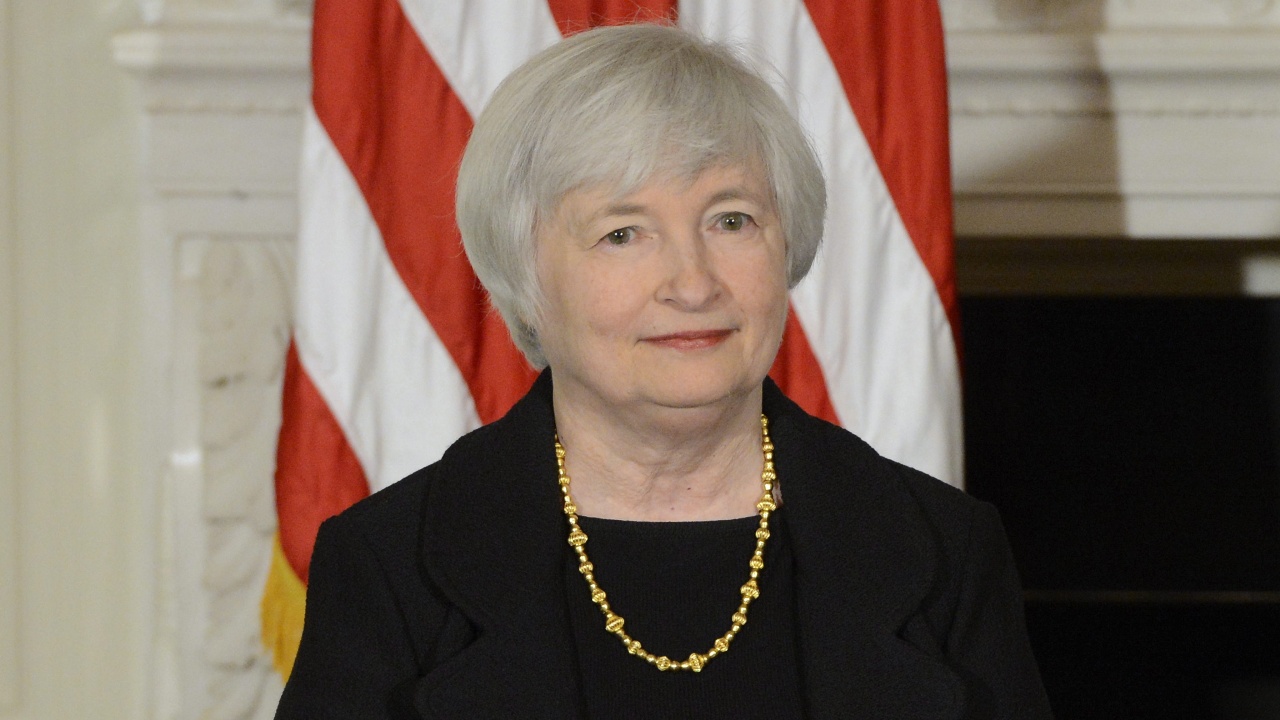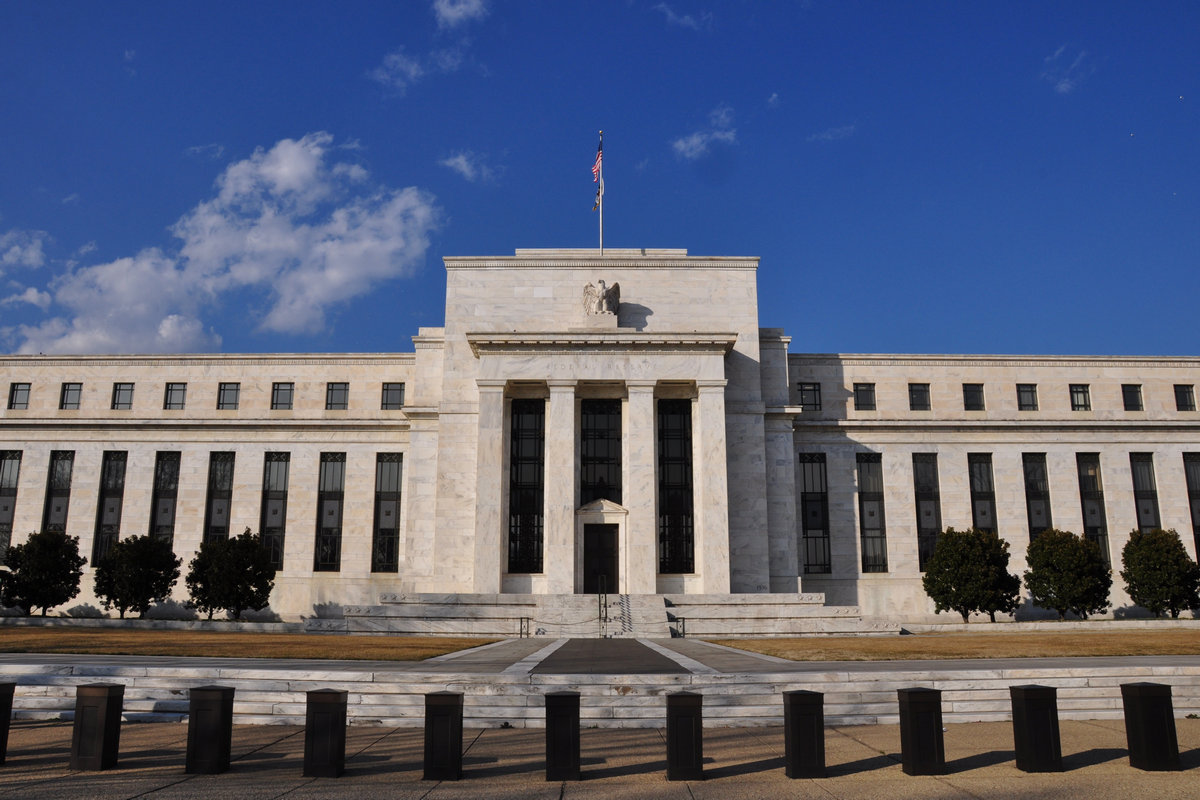
 *Politisches System der Vereinigten Staaten
*Politisches System der Vereinigten Staaten

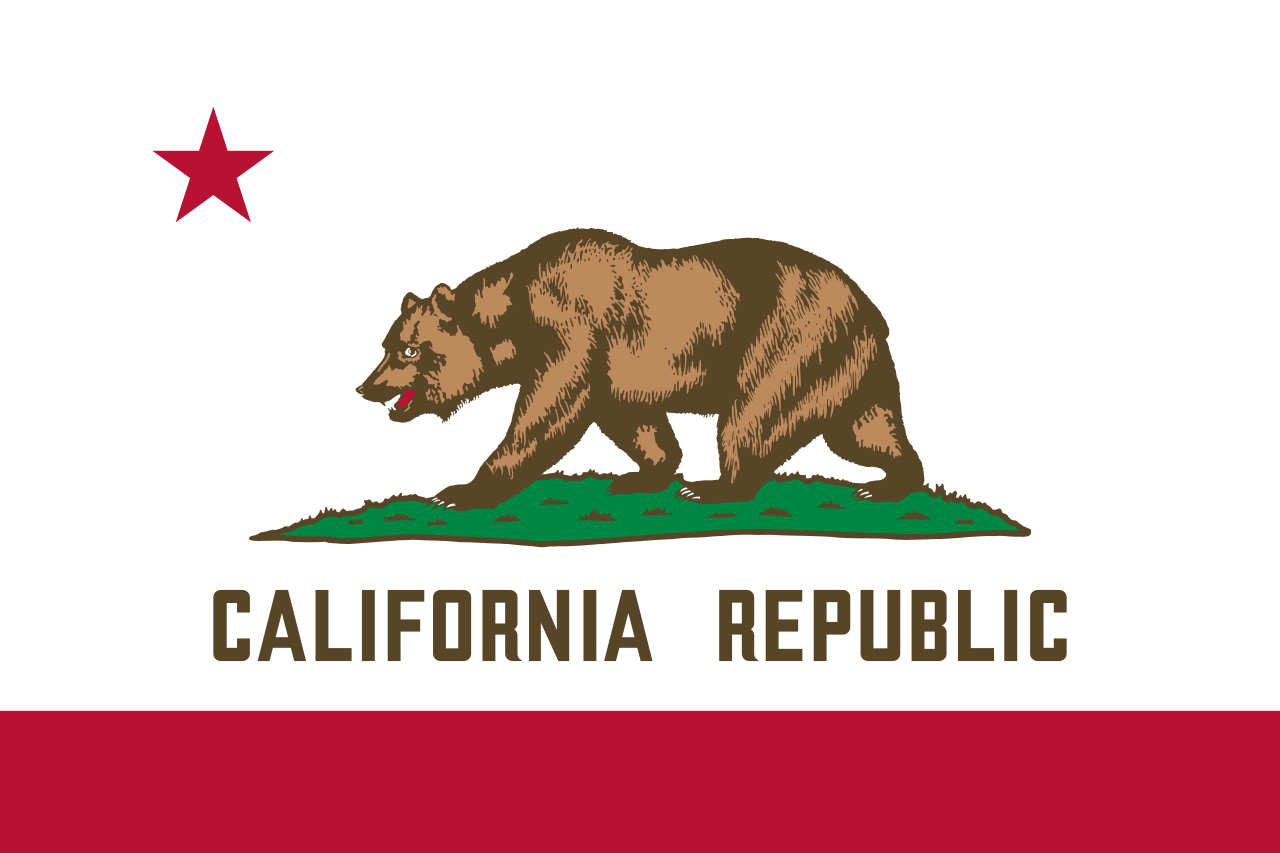 California-CA
California-CA
 Federal Reserve System,Fed
Federal Reserve System,Fed

 Finanz
*Vereinigte Staaten-Konjunkturdaten
Finanz
*Vereinigte Staaten-Konjunkturdaten

 Finanz
Wirtschafts- und Politikforschung
Finanz
Wirtschafts- und Politikforschung

 Finanz
*Brasilien-Konjunkturdaten
Finanz
*Brasilien-Konjunkturdaten

 Finanz
*China-Konjunkturdaten
Finanz
*China-Konjunkturdaten

 Finanz
*Deutschland-Konjunkturdaten
Finanz
*Deutschland-Konjunkturdaten

 Finanz
*Europäische Union-Konjunkturdaten
Finanz
*Europäische Union-Konjunkturdaten

 Finanz
*Frankreich-Konjunkturdaten
Finanz
*Frankreich-Konjunkturdaten

 Finanz
*Indien-Konjunkturdaten
Finanz
*Indien-Konjunkturdaten

 Finanz
*Indonesien-Konjunkturdaten
Finanz
*Indonesien-Konjunkturdaten

 Finanz
*Italien-Konjunkturdaten
Finanz
*Italien-Konjunkturdaten

 Finanz
*Japan-Konjunkturdaten
Finanz
*Japan-Konjunkturdaten

 Finanz
*Kanada-Konjunkturdaten
Finanz
*Kanada-Konjunkturdaten

 Finanz
*Russland-Konjunkturdaten
Finanz
*Russland-Konjunkturdaten

 Finanz
*Vereinigte Staaten-Konjunkturdaten
Finanz
*Vereinigte Staaten-Konjunkturdaten

 Finanz
*Vereinigtes Königreich-Konjunkturdaten
Finanz
*Vereinigtes Königreich-Konjunkturdaten

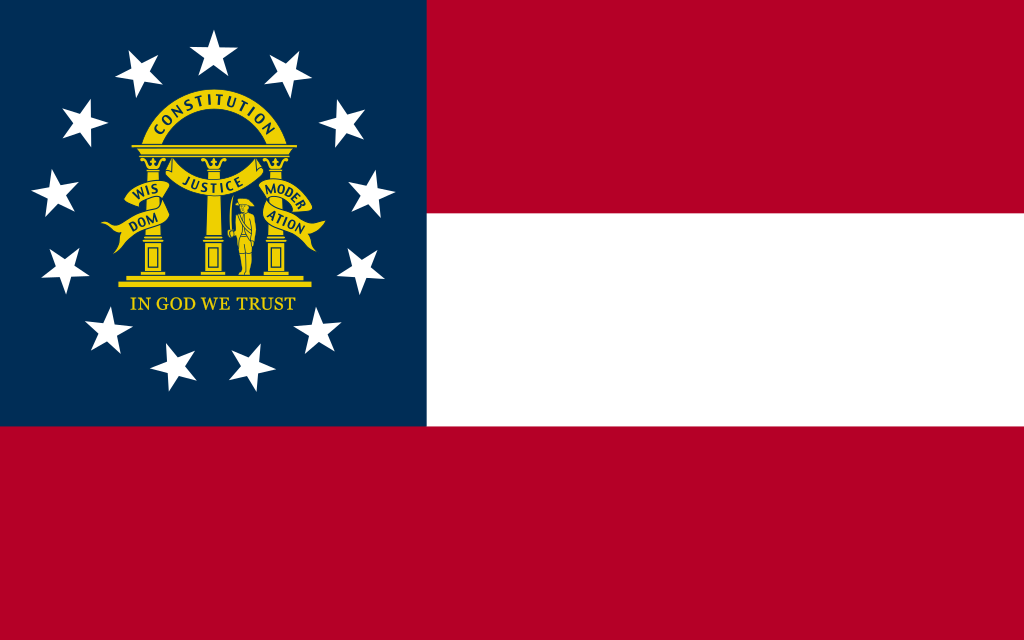 Georgia-GA
Georgia-GA

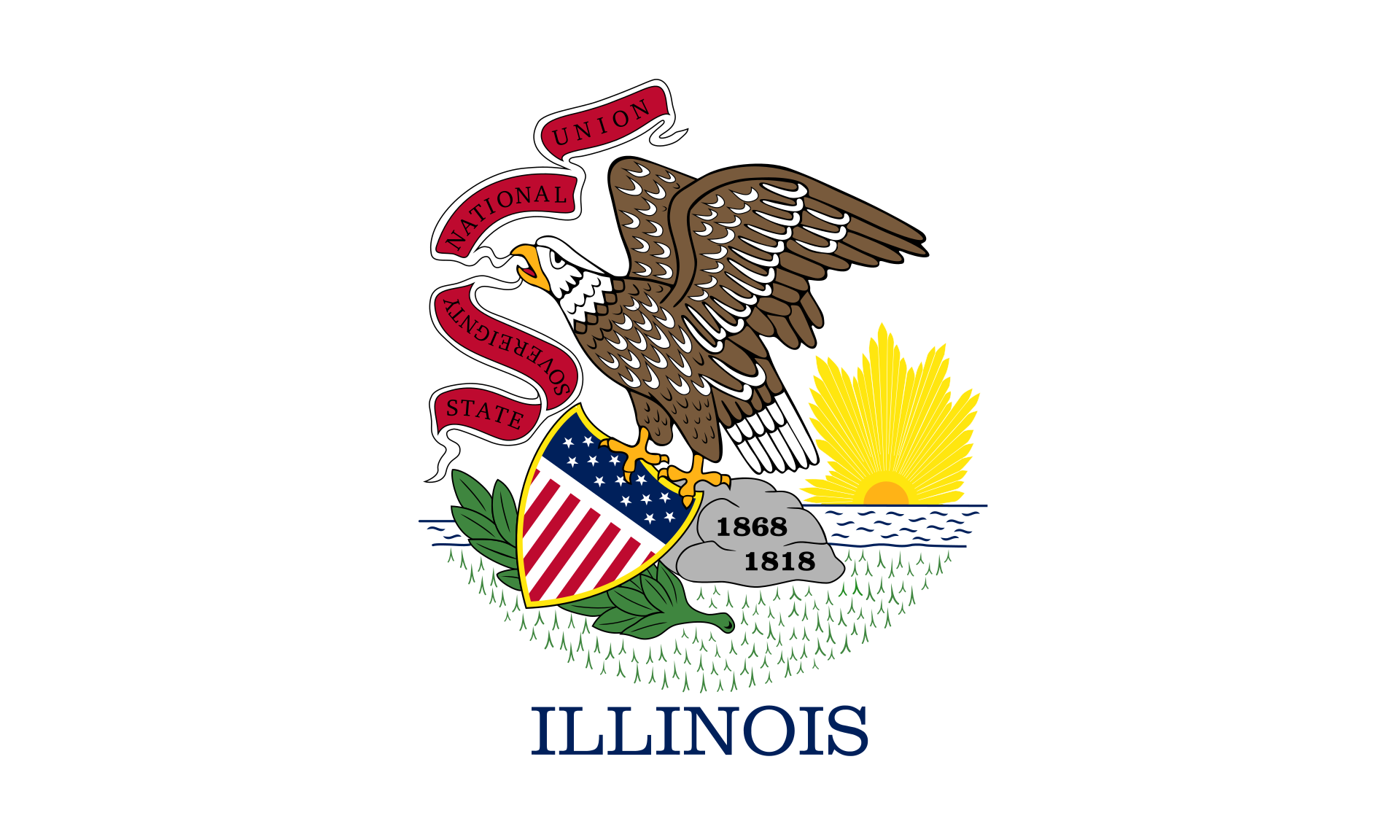 Illinois-IL
Illinois-IL

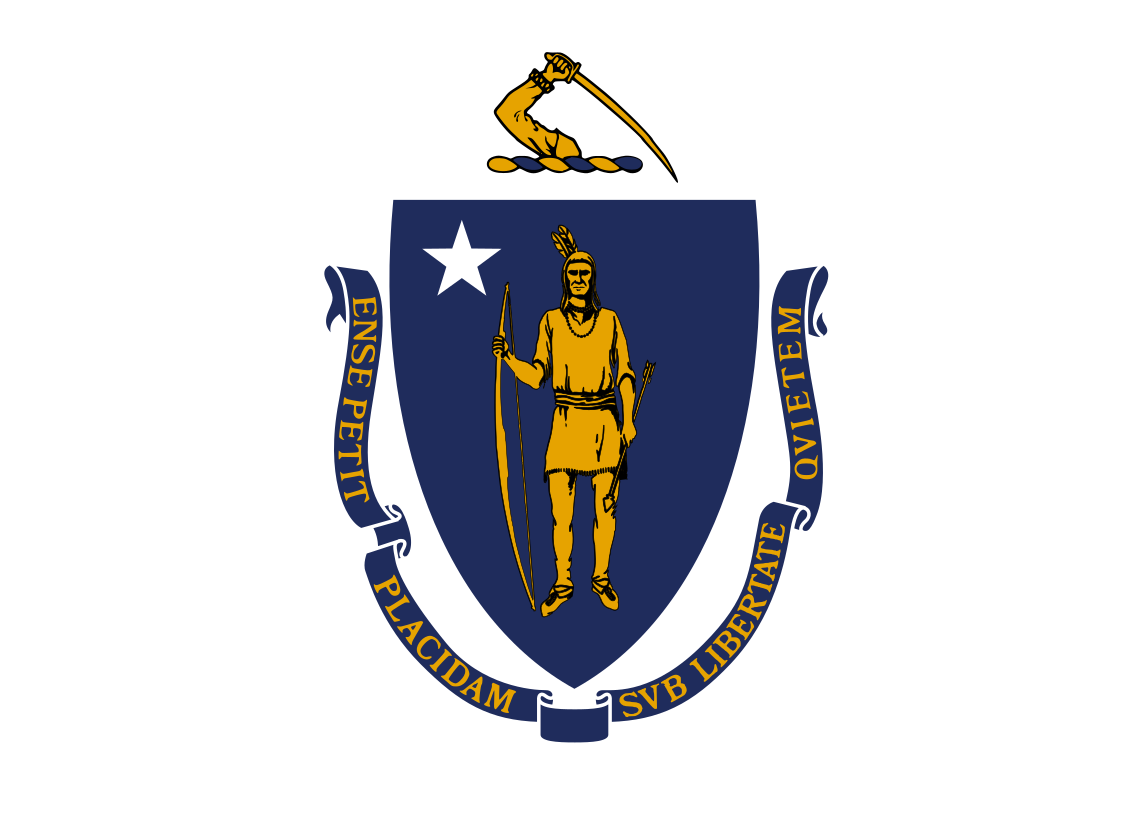 Massachusetts-MA
Massachusetts-MA

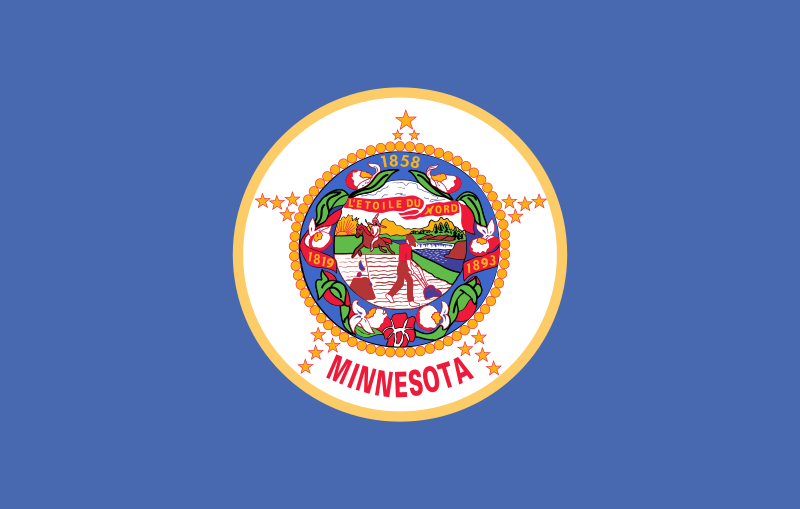 Minnesota-MN
Minnesota-MN

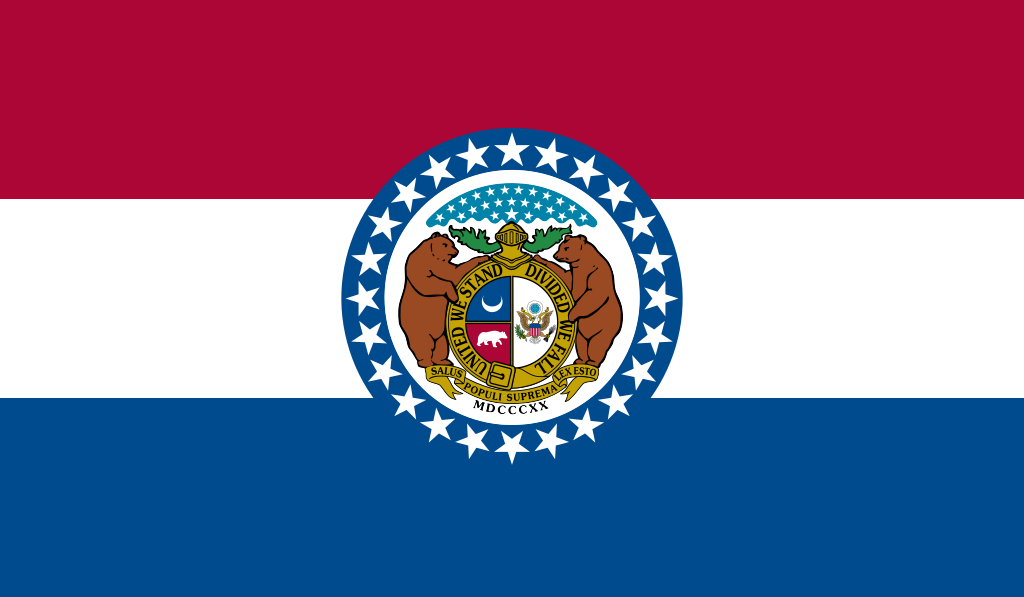 Missouri-MO
Missouri-MO

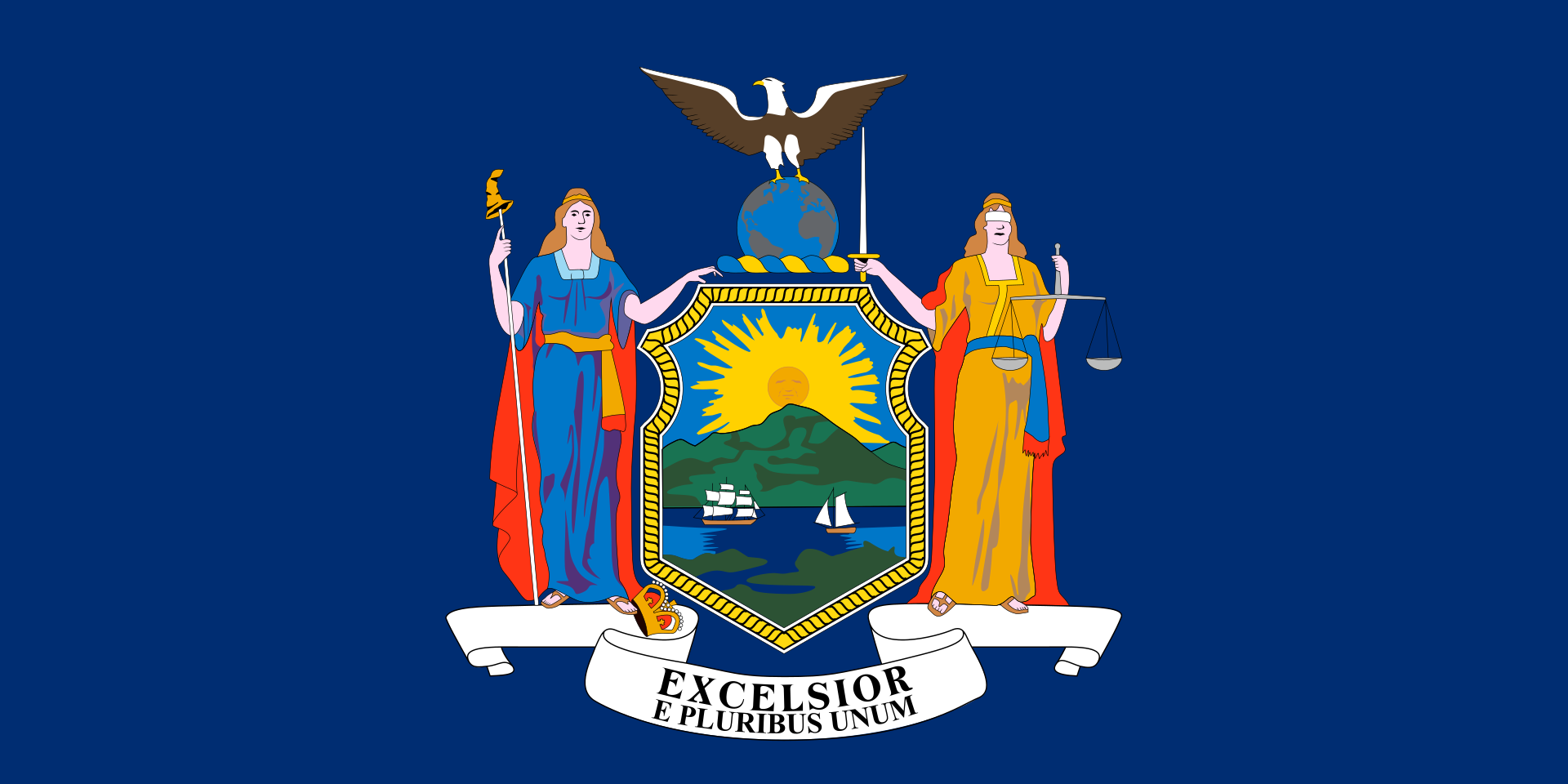 New York-NY
New York-NY

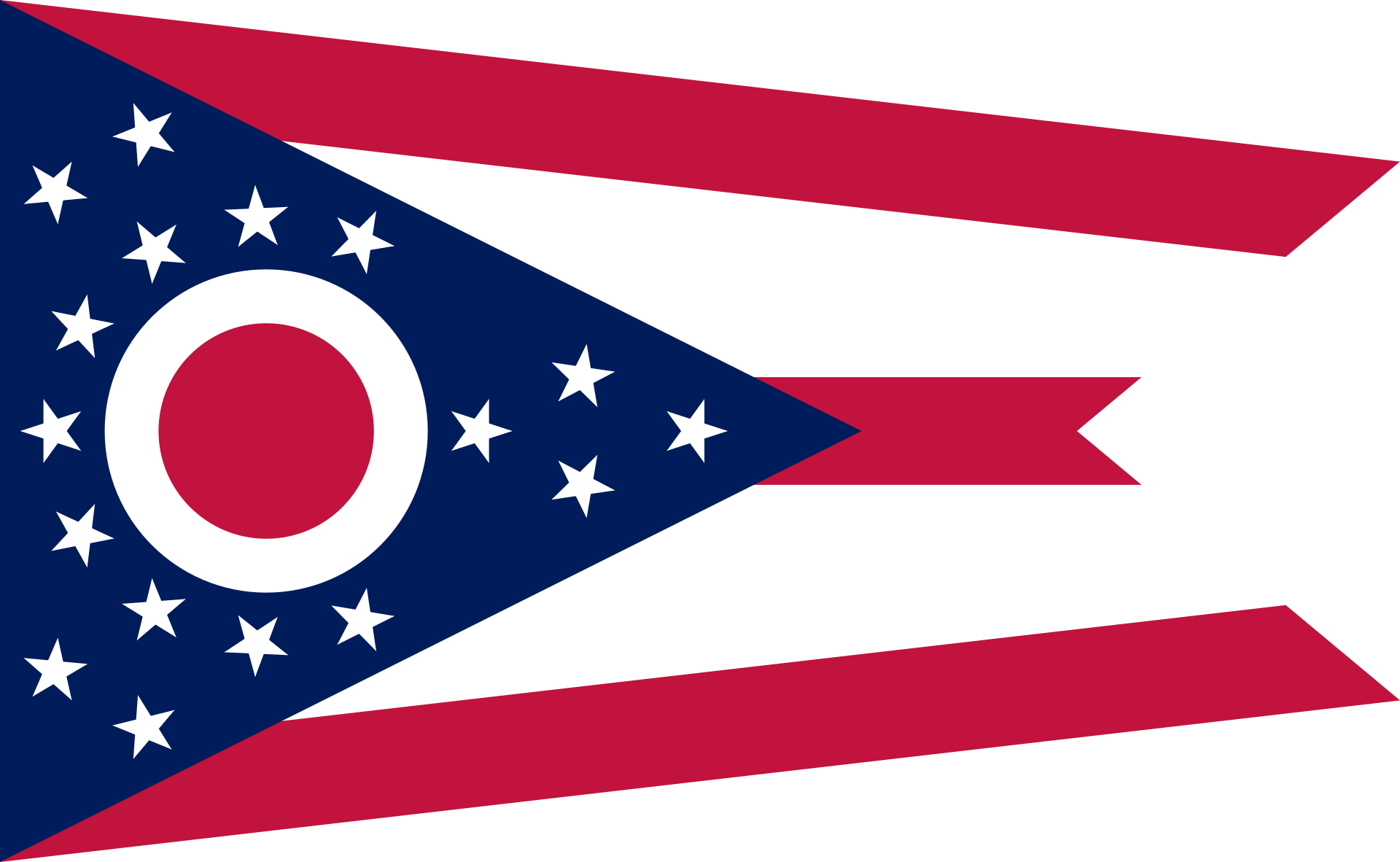 Ohio-OH
Ohio-OH

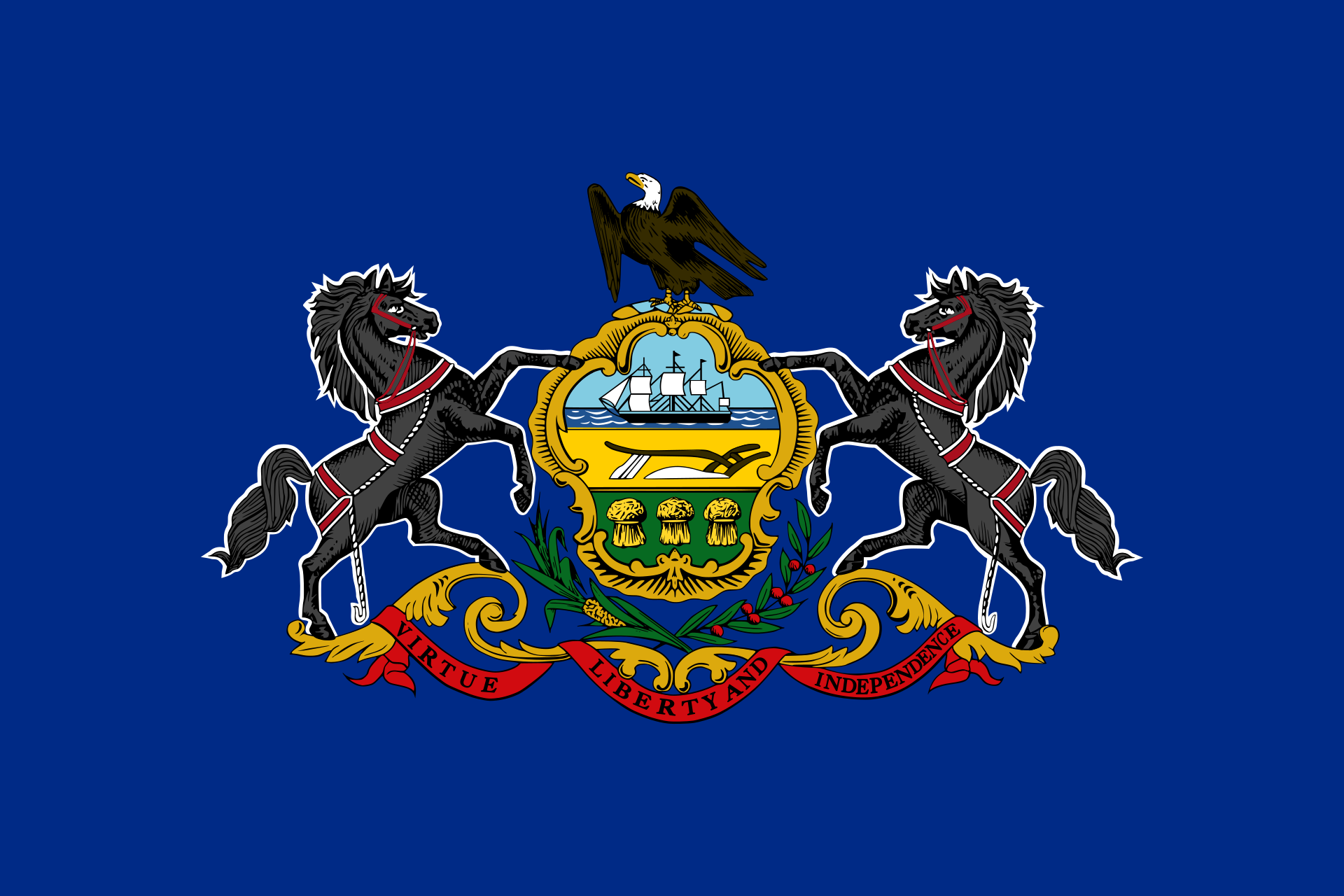 Pennsylvania-PA
Pennsylvania-PA

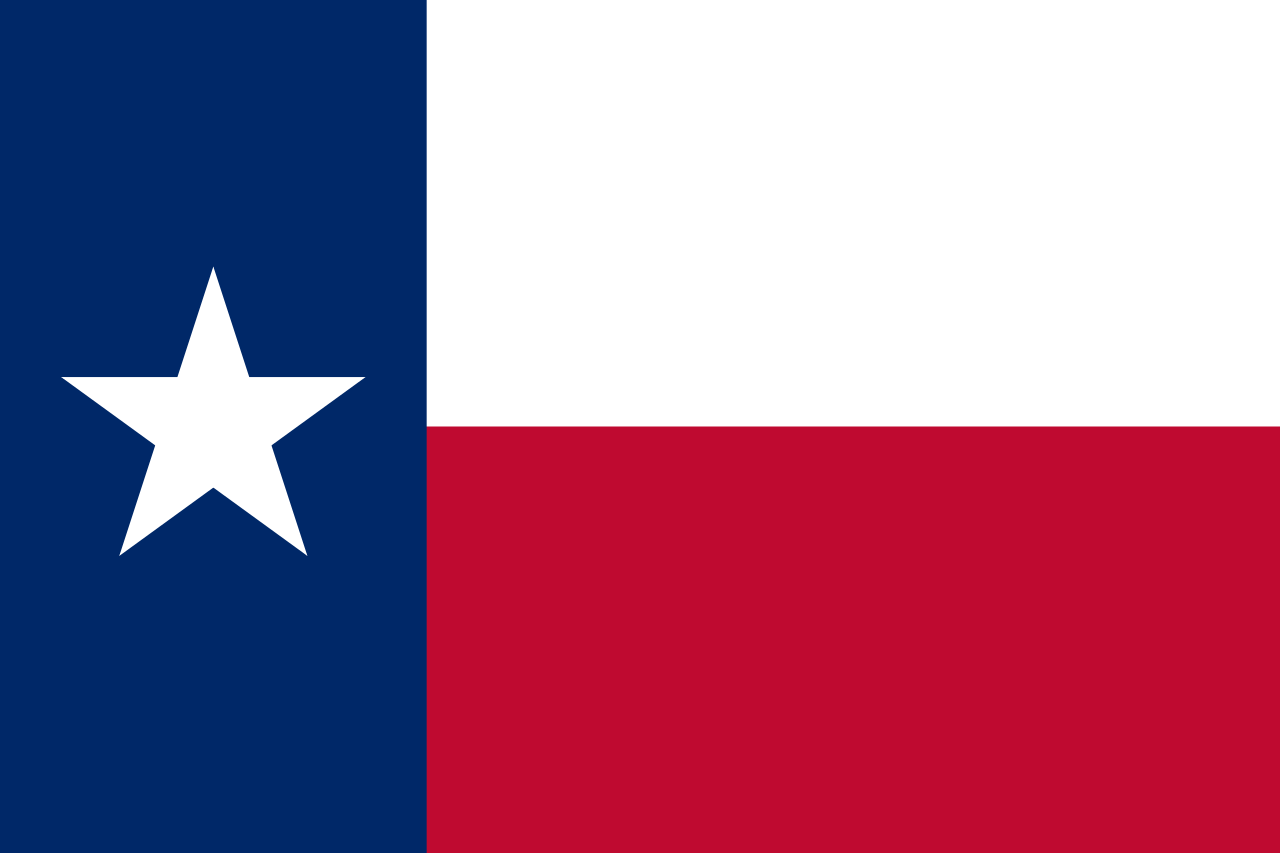 Texas-TX
Texas-TX

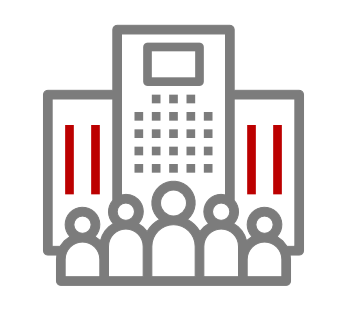 Unternehmen
Unternehmen
 Vereinigte Staaten
Vereinigte Staaten

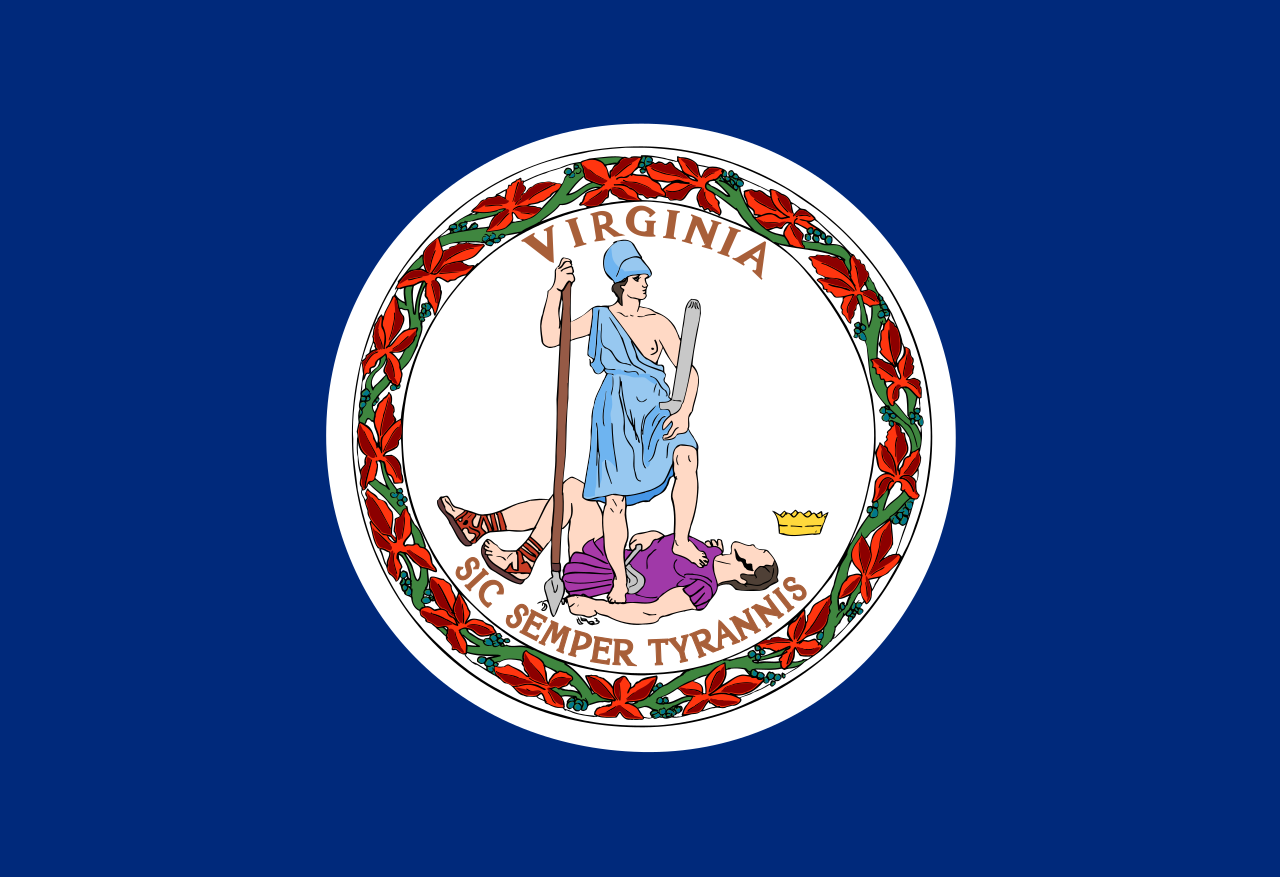 Virginia-VA
Virginia-VA

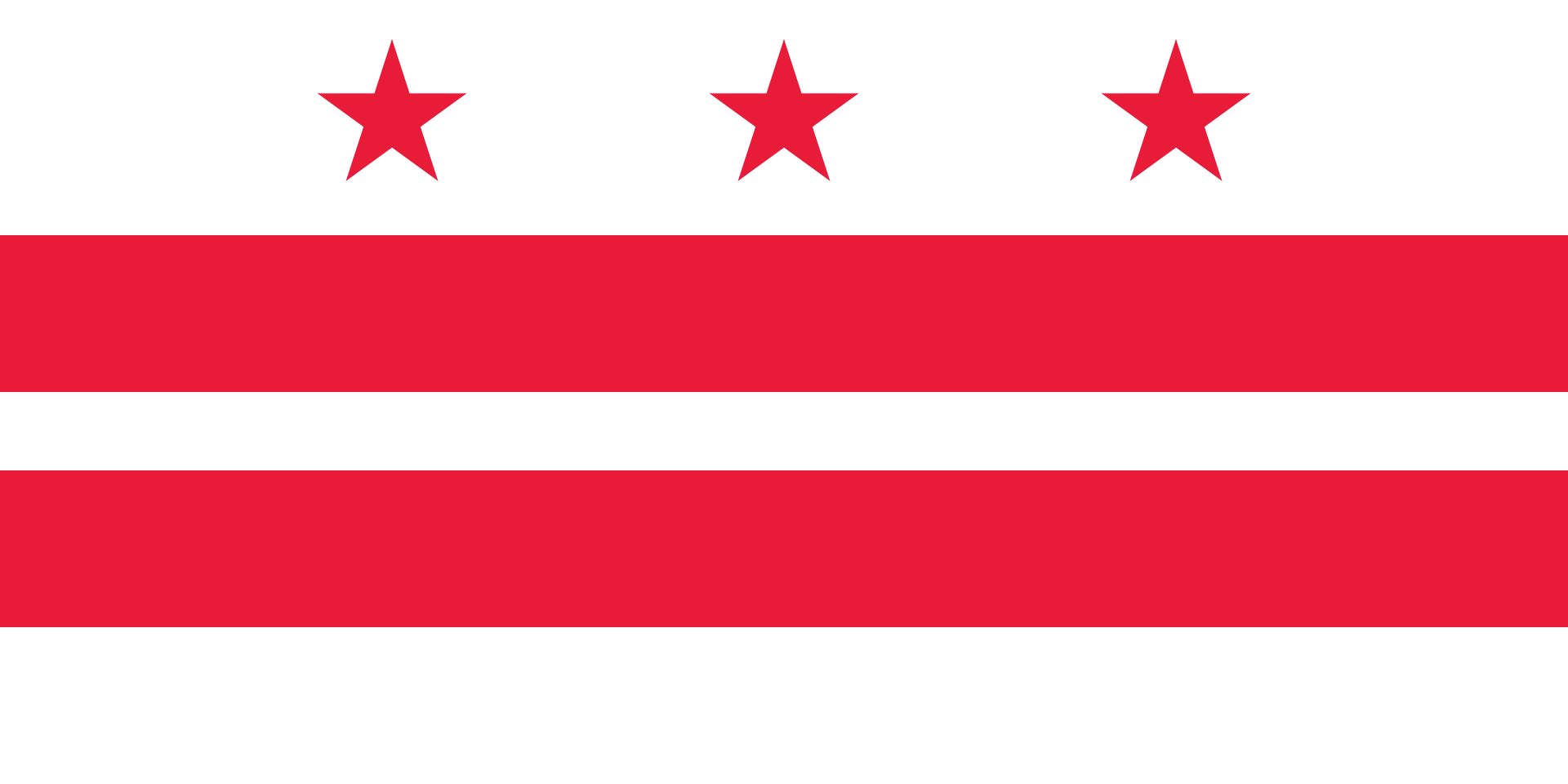 Washington, D.C.
Washington, D.C.

 Wirtschaft und Handel
Wirtschafts- und Politikforschung
Wirtschaft und Handel
Wirtschafts- und Politikforschung
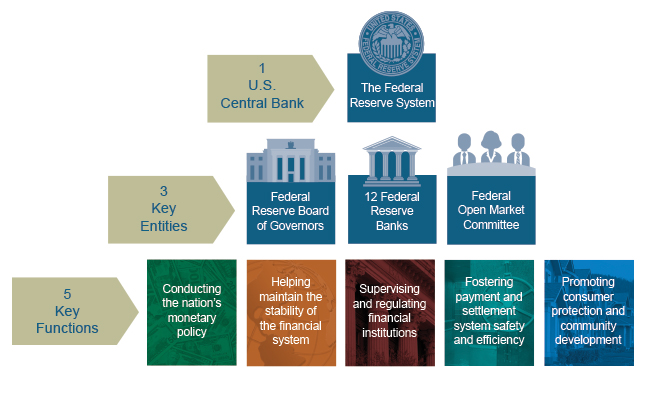

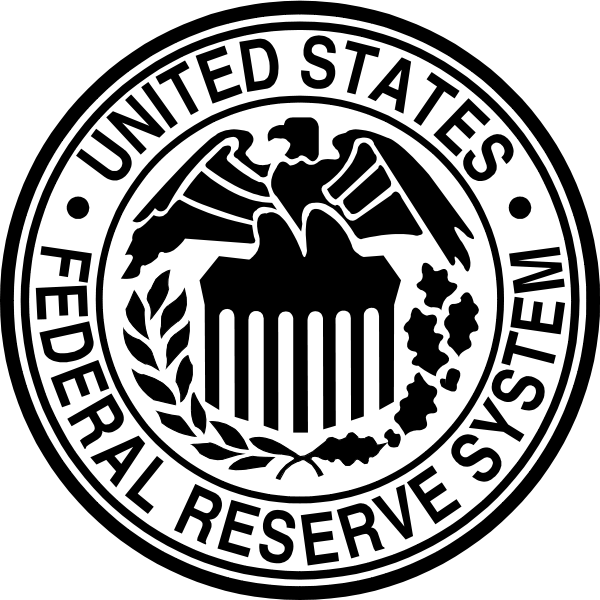
联邦储备系统(英语:Federal Reserve System(Fed),简称美联储)是美国的中央银行体系,依据美国国会通过的1913年《联邦储备法案》而创设,以避免再度发生类似1907年的银行危机。整个系统包括联邦储备委员会、联邦公开市场委员会、联邦储备银行、三千家会员银行、及3个咨询委员会(Advisory Councils)。
Das Federal Reserve System [ˈfɛdə˞əl rɪˈzɜ˞ːv ˈsɪstəm], oft auch Federal Reserve oder einfach die Fed (als US-Notenbank), ist das Zentralbank-System der Vereinigten Staaten. Es besteht aus dem Board of Governors, zwölf regionalen Federal Reserve Banken, dem Federal Open Market Committee (FOMC), einer Vielzahl von Mitgliedsbanken (Mitgliedspflicht ab einer bestimmten Größe) und anderen Institutionen.
Die Fed berichtet regelmäßig an den Kongress der Vereinigten Staaten über ihre Aktivitäten und ihre Pläne zur Geldpolitik. Das Tagesgeschäft und die operativen Entscheidungen der Fed werden von ihr frei und eigenständig entschieden. Der Kongress hat allerdings die Befugnis, die Gesetze betreffend die Geschäftstätigkeit der Fed zu ändern.[1]
連邦準備制度(れんぽうじゅんびせいど、英語: Federal Reserve System, FRS)は、アメリカ合衆国の中央銀行制度である。ワシントンD.C.にある連邦準備制度理事会(Federal Reserve Board, FRB)が全国の主要都市に散在する連邦準備銀行(Federal Reserve Bank, FRB)を統括する。連邦準備制度理事会は連邦議会の下にある政府機関であるが、予算の割当や人事の干渉を受けない。各連邦準備銀行は株式を発行する法人(body corporate)である。
The Federal Reserve System (also known as the Federal Reserve or simply the Fed) is the central banking system of the United States of America. It was created on December 23, 1913, with the enactment of the Federal Reserve Act, after a series of financial panics (particularly the panic of 1907) led to the desire for central control of the monetary system in order to alleviate financial crises.[list 1] Over the years, events such as the Great Depression in the 1930s and the Great Recession during the 2000s have led to the expansion of the roles and responsibilities of the Federal Reserve System.[5][10][11]
The U.S. Congress established three key objectives for monetary policy in the Federal Reserve Act: maximizing employment, stabilizing prices, and moderating long-term interest rates.[12] The first two objectives are sometimes referred to as the Federal Reserve's dual mandate.[13] Its duties have expanded over the years, and currently also include supervising and regulating banks, maintaining the stability of the financial system, and providing financial services to depository institutions, the U.S. government, and foreign official institutions.[14] The Fed also conducts research into the economy and provides numerous publications, such as the Beige Book and the FRED database.
The Federal Reserve System is composed of several layers. It is governed by the presidentially appointed board of governors or Federal Reserve Board (FRB). Twelve regional Federal Reserve Banks, located in cities throughout the nation, regulate and oversee privately owned commercial banks.[15][16][17] Nationally chartered commercial banks are required to hold stock in, and can elect some of the board members of, the Federal Reserve Bank of their region. The Federal Open Market Committee (FOMC) sets monetary policy. It consists of all seven members of the board of governors and the twelve regional Federal Reserve Bank presidents, though only five bank presidents vote at a time (the president of the New York Fed and four others who rotate through one-year voting terms). There are also various advisory councils. Thus, the Federal Reserve System has both public and private components.[list 2] It has a structure unique among central banks, and is also unusual in that the United States Department of the Treasury, an entity outside of the central bank, prints the currency used.[22]
The federal government sets the salaries of the board's seven governors, and it receives all the system's annual profits, after a statutory dividend of 6% on member banks' capital investment is paid, and an account surplus is maintained. In 2015, the Federal Reserve earned a net income of $100.2 billion and transferred $97.7 billion to the U.S. Treasury.[23] Although an instrument of the US Government, the Federal Reserve System considers itself "an independent central bank because its monetary policy decisions do not have to be approved by the President or anyone else in the executive or legislative branches of government, it does not receive funding appropriated by Congress, and the terms of the members of the board of governors span multiple presidential and congressional terms."[24]
La Réserve fédérale (officiellement Federal Reserve System, souvent raccourci en Federal Reserve ou Fed) est la banque centrale des États-Unis. Elle est créée en décembre 1913, durant les fêtes, par le Federal Reserve Act dit aussi Owen-Glass Act, à la suite de plusieurs crises bancaires, dont la panique bancaire américaine de 1907. Son rôle évolue depuis et elle renforce son indépendance lors de l'instabilité monétaire des années 1975 et 1985.
Le Congrès des États-Unis définit trois objectifs de politique monétaire dans le Federal Reserve Act : plein emploi, stabilité des prix, et taux d'intérêt à long terme modérés1. Les deux premiers sont souvent appelés le « double objectif » ou « double mandat » de la Fed2. Outre la politique monétaire, la Fed est maintenant chargée de superviser et réguler le système bancaire, de maintenir la stabilité du système financier, et d'offrir des prestations financières aux organismes de dépôt, au gouvernement fédéral, et aux institutions financières étrangères3. Elle étudie de surcroît l'économie américaine, et publie de nombreux rapports, tels que le livre beige, un résumé des conditions économiques dans chaque région.
La Réserve fédérale se compose d'un conseil des gouverneurs (dont Jerome Powell est le président depuis 2018), du Federal Open Market Committee (FOMC), de douze banques régionales (Federal Reserve Banks), des banques membres, et de plusieurs conseils consultatifs4,5. Le FOMC est le comité responsable de la politique monétaire ; il se compose des sept membres du bureau des gouverneurs et des douze présidents des banques régionales (dont cinq seulement ont le droit de vote à un moment donné). La Réserve fédérale comporte ainsi des aspects publics et privés : cette structure est unique au monde pour une banque centrale, et correspond à une volonté de répondre à la fois à l'intérêt public et à ceux, privés, des banques membres. Une autre particularité du système monétaire américain est que ce n'est pas la banque centrale mais le département du Trésor qui crée la monnaie fiduciaire6.
La Fed est une banque centrale indépendante : ses décisions ne sont pas sujettes à l'autorisation du président des États-Unis ou d'une autre partie du gouvernement fédéral, elle ne reçoit pas de budget du Congrès, et les mandats des gouverneurs sont beaucoup plus longs que ceux des élus fédéraux. Le gouvernement peut cependant exercer un contrôle : l'autorité de la Fed est définie par le Congrès et celui-ci peut exercer son droit de surveillance (congressional oversight). Les membres du bureau des gouverneurs, y compris le président et le vice-président, sont nommés par le président des États-Unis et confirmés par le Sénat. Le gouvernement nomme également les hauts fonctionnaires de la banque et fixe leur salaire. Toutes les banques commerciales autorisées à exercer en dehors d'un seul État sont obligatoirement membres de la Réserve fédérale régionale où se trouve leur siège et détiennent des parts dans celle-ci, ce qui autorise ces banques à élire une partie des membres du bureau de chaque Réserve fédérale régionale. Le gouvernement fédéral reçoit tous les profits de la Fed, hormis un dividende de 6 % versé aux banques membres.
Il Federal Reserve System, conosciuto anche come Federal Reserve (it. Riserva federale) ed informalmente come la Fed, è la banca centrale degli Stati Uniti d'America.
El Sistema de la Reserva Federal (en inglés, Federal Reserve System, también conocido como Reserva Federal o informalmente Fed) es el banco central de los Estados Unidos.1 Es un consorcio publico-privado que controla la estructura organizativa en la cual participa una agencia gubernamental, conocida como Junta de Gobernadores, con sede en Washington D. C.2 Así, algunos consideran esto como el aspecto público del sistema, y los 12 Bancos de la Reserva de todo el país el aspecto privado.3 Está encargada de custodiar parte de las reservas de los "bancos miembros" estadounidenses: los federales, y los estatales asociados voluntariamente.4
La Junta de Gobernadores del Sistema de la Reserva Federal es una agencia gubernamental independiente, sin embargo está sujeta a la Ley de Libertad de Información (Freedom of Information Act). Como muchas de las agencias independientes, sus decisiones no tienen que ser aprobadas por el Presidente o por alguna persona del poder ejecutivo o legislativo: son decisiones de carácter unilateral. La Junta de Gobernadores no recibe dinero del Congreso, y su mandato tiene una duración que abarca varias legislaturas. Una vez que el presidente designa a un miembro de la junta, este actúa con "independencia", aunque puede ser destituido por el presidente según lo establecido en la sección 242, Título 12, del Código de Estados Unidos.5
El Sistema de la Reserva Federal fue creado el 23 de diciembre de 1913 por la Ley de la Reserva Federal (Federal Reserve Act). Todos los bancos nacionales tuvieron que unirse al sistema. Los billetes de la Reserva Federal (Federal Reserve Notes) fueron creados para tener una oferta monetaria "flexible".6
Федера́льная резе́рвная систе́ма (Federal Reserve System, ФРС, Федеральный резерв, FED) — специально созданное 23 декабря 1913 года независимое федеральное агентство для выполнения функций центрального банка и осуществления централизованного контроля над коммерческой банковской системой Соединённых Штатов Америки. В ФРС входят 12 федеральных резервных банков, расположенных в крупнейших городах, около трёх тысяч коммерческих так называемых банков-членов, назначаемый президентом Совет управляющих, Федеральный комитет по операциям на открытом рынке и консультационные советы. Основанием для создания является Закон о Федеральном резерве. В управлении ФРС определяющую роль играет государство, хотя форма собственности капитала является частной — акционерная с особым статусом акций.
С точки зрения управления, ФРС является независимым органом в правительстве США. Как национальный центральный банк, ФРС получает полномочия от Конгресса США. Независимость в работе обеспечивается тем, что принимаемые решения о кредитно-денежной политике не должны быть одобрены президентом США или кем-либо иным из исполнительной или законодательной ветвей власти. ФРС не получает финансирование от Конгресса. Срок полномочий членов Совета управляющих Федеральной резервной системы охватывает несколько сроков президентских полномочий и членов Конгресса. В то же время ФРС подконтрольна Конгрессу, который часто анализирует деятельность ФРС и может изменить обязанности ФРС законодательным образом[1].
С 2006 по 2014 год пост председателя совета управляющих ФРС занимал Бен Бернанке. В феврале 2014 года его сменила Джанет Йеллен, которая в течение двух лет работала его заместителем[2]. С 5 февраля 2018 года главой Федеральной резервной системы является Джером Пауэлл.







